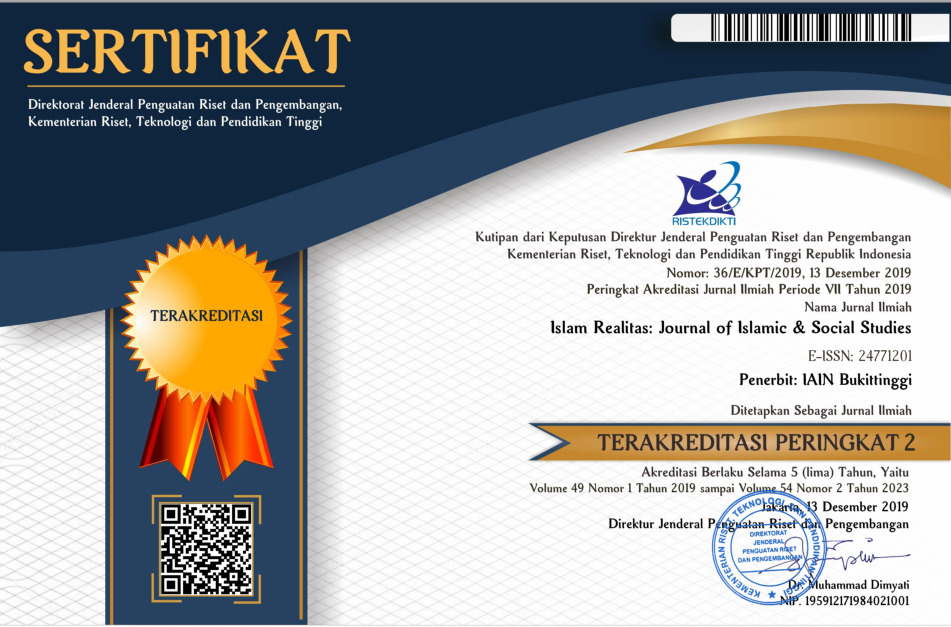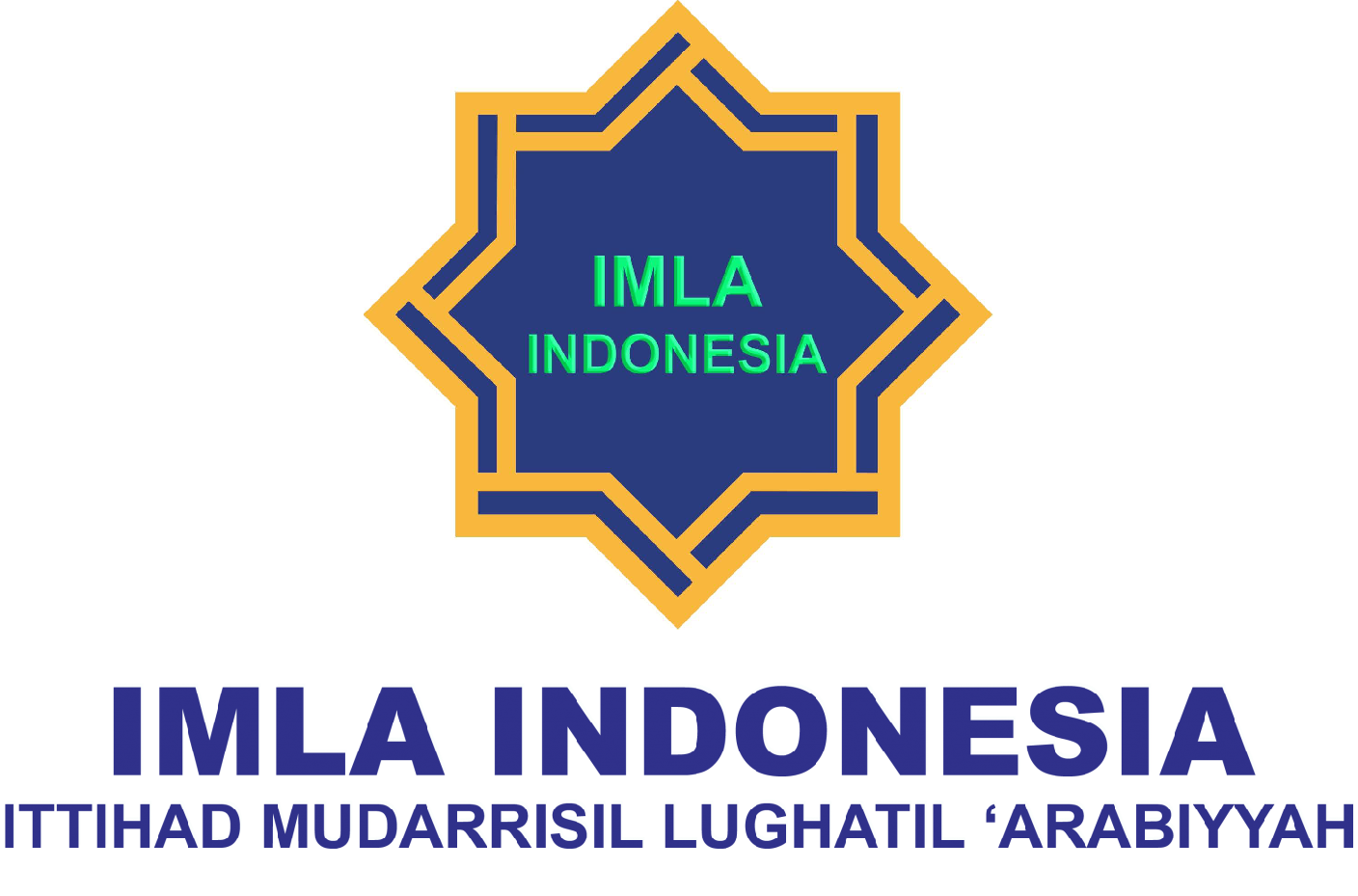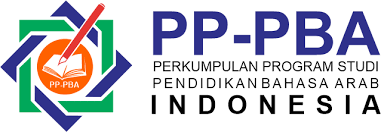Nazhariyah Noam Chomsky fii An-Numu Al-Lughawi wa In’ikasatuha ‘ala Ta’lim Al-Lughah Al-Arabiyah
DOI:
https://doi.org/10.30983/huruf.v1i1.4938Keywords:
child language development, noam chomsky, implications of Arabic learningAbstract
Chomsky argues that the language is too complicated to learn through passages, such as studying city rosters around the world. Since the early 1970s, theoretical disciplines and teaching methodologies have continuously sought to realize their symbiotic relationships. Teaching language within the framework of Chomsky's theory should give students an appropriate linguistic description with due regard to the student's intellectual level. Language is not only a device for capturing information from what it has learned, but in fact it returns to the student's mental and cognitive ability to complete the process.
يرى تشومسكي بأن اللغة معقدة للغاية بØيث لا يمكن تعلمها من خلال المقاطع ØŒ مثل دراسة قوائم المدن Øول العالم. منذ أوائل السبعينيات ØŒ سعت التخصصات النظرية ومنهجيات التدريس باستمرار إلى إدراك علاقاتها التكاÙلية. يجب أن تعطي لغة التدريس ÙÙŠ إطار نظرية تشومسكي للطلاب وصÙًا لغويًا مناسبًا مع إيلاء الاعتبار الواجب للمستوى الÙكري للطالب. اللغة ليست Ùقط أداة لالتقاط المعلومات مما تعلموه ØŒ ولكنها ÙÙŠ الواقع تعود إلى قدرة الطالب العقلية والمعرÙية لإكمال العملية.
References
Abdu Al-Majid ‘Aisani, Nazhariyat At-Ta’allum Wa Tatbiqatiha Fi Ulum Al-Lughah, Al-Qahirah: Dar Al-Kitab Al-Hadits, 1433 H/2012M.
Adriana, Iswah. Memahami Pola Perkembangan Bahasa Anak Dalam Konteks Pendidikan, Jurnal Tadris 3 (1), 2008.
Ahmad Susanto, Perkembangan Anak Usia Dini (Pengantar dalam Berbagai Aspeknya). Jakarta: Kencana Prenada Media Group, 2012.
Dardjowidjojo, Soenjono, Psikolinguistik: Pengantar Pemahaman Bahasa Manusia. jakarta: Yayasan Obor Indonesia, 2003.
Djawad Dahlan, Psikologi Perkembangan Anak & Remaja, Bandung: PT Remaja Rosdakarya, 2016.
Elisabet Hurlock, Perkembangan Anak Jilid I, Jakarta:Erlangga, 1978.
Julrissani, Karakteristik Perkembangan Bahasa Dalam berkomunikasi siswa Sekolah Dasar di SD Muhammadiyah Karangbendo Yogyakarta, Jurnal Pendidikan Edumaspul, Vol. 4 – No. 1, year (xxxx), hlm 72 -87, 2020.
Mar’ah Rizkiyana, Meningkatkan Perkembangan Bahasa Anak Usia Dini Melalui Media Kartu Bergambar Kelompok A Di Tk Aisyiah Bustanul Athfal Wates Gadingrejo Pringsewu, UIN Raden Intan Lampung, hlm 17-19, 2019.
Muhammad Ahmad As-Said, Al-Lughah Tadrisan Wa Iktisabasn, At-Thab’ah Al-Ula, Ar-Riyadh, Dar Al-Faishal Ats-Tsaqafiah, Almamlakah Al-Arabiyah As-Su’udiyah, 1988 M/ 1409 H
MusfirohTadkiroatun, Perkembangan Bahasa Anak Usia Dini, Yogyakarta: Kementrian Pendidikan Nasional, 2010.
Rosleny Marliani, Psikologi Perkembangan, Bandung: CV Pustaka Setia, 2015.
Septiyantono, Tri. Literasi Informasi. Tangerang Selatan: Universitas Terbuka, 2015.
Usman, Muhammad. Perkembangan Bahasa dalam Bermain dan Permainan Untuk Pendidikan Anak Usia Dini. Yogyakarta: CV. Budi Utama, 2015.
Downloads
Published
How to Cite
Issue
Section
Citation Check
License
Authors who publish with this journal agree to the following terms:
- Authors retain copyright and grant the journal right of first publication with the work simultaneously licensed under a Creative Commons Attribution-ShareAlike 4.0 International Licensethat allows others to share the work with an acknowledgment of the work's authorship and initial publication in this journal.
- Authors are able to enter into separate, additional contractual arrangements for the non-exclusive distribution of the journal's published version of the work (e.g., post it to an institutional repository or publish it in a book), with an acknowledgment of its initial publication in this journal.
- Authors are permitted and encouraged to post their work online (e.g., in institutional repositories or on their website) prior to and during the submission process, as it can lead to productive exchanges, as well as earlier and greater citation of published work (See The Effect of Open Access).





